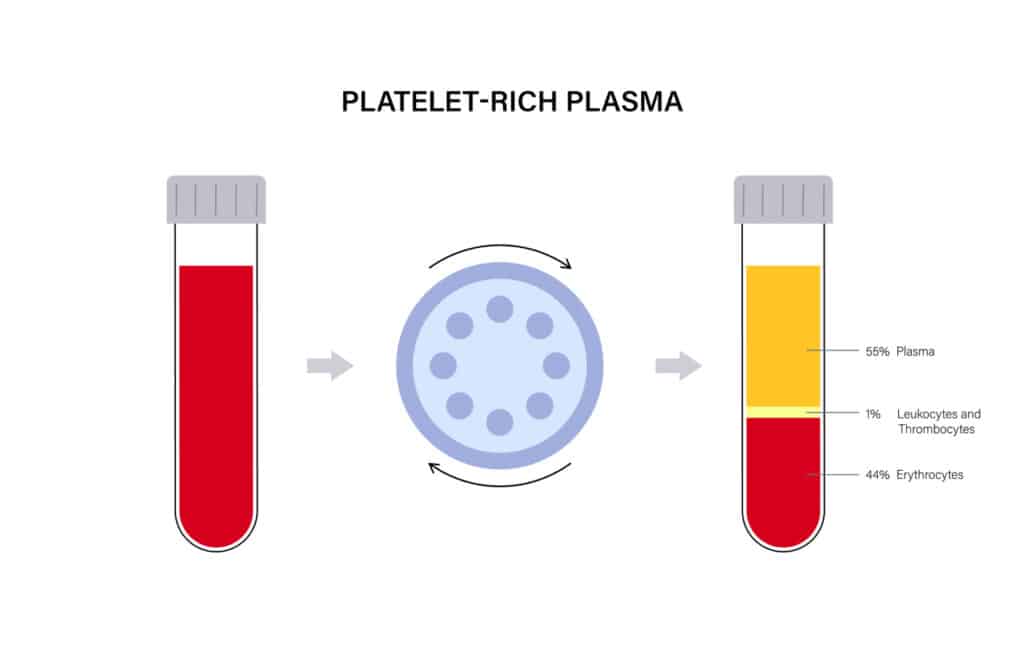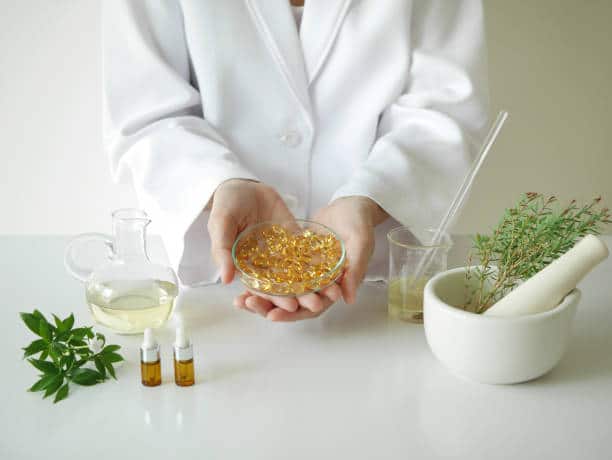Is PRP Therapy Right for You?
Platelet-rich plasma (PRP) therapy is an increasingly popular treatment option for patients. It can benefit those experiencing pain, soreness, and instability due to various musculoskeletal conditions. PRP involves taking a patient’s own blood, isolating and concentrating the platelets, and then re-injecting them into the area of injury. It can help reduce inflammation, improve circulation, promote […]
Is PRP Therapy Right for You? Read More »








